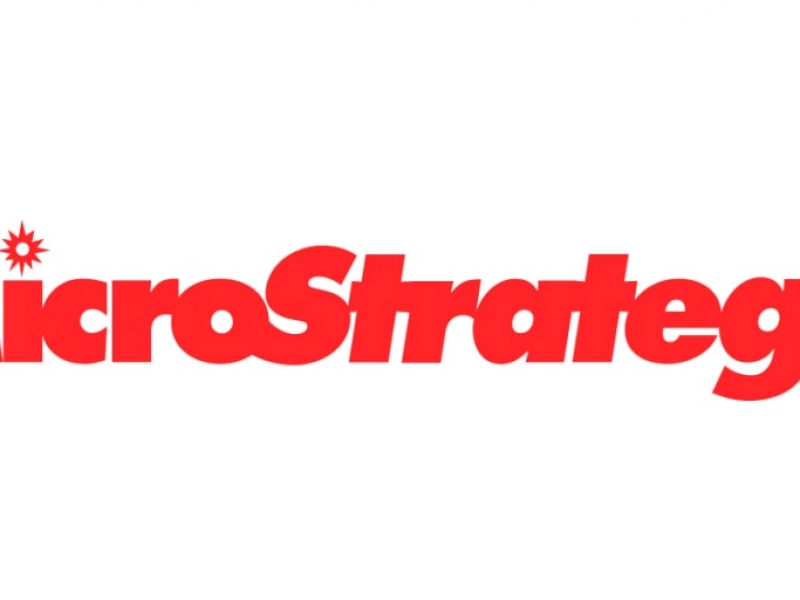Miners Are Buying and Accumulating Bitcoin: Why Are They Copying MicroStrategy?
Since 2020, MicroStrategy has accumulated over $14.5 billion worth of Bitcoin. Due to increased competition in the Bitcoin mining industry, companies are turning to alternative revenue sources. A growing strategy among mining companies is Bitcoin accumulation.
Canadian mining company Cathedra Bitcoin recently announced a shift in its strategy from mining Bitcoin to purchasing coins from the open market. Cathedra says it will now focus on developing data centers and follow the path of accumulating and growing its Bitcoin reserves.
Although Bitcoin mining won’t be entirely abandoned, the company plans to adopt the accumulation strategy used by firms like MicroStrategy.
"The last three years have shown that Bitcoin mining is not a reliable way to increase BTC per share for shareholders. Meanwhile, other publicly traded companies, primarily MicroStrategy, have adopted a clear policy of increasing Bitcoin per share and have been rewarded by the stock markets," Cathedra stated.
Since reaching its peak in February 2021, Cathedra’s stock price has dropped by approximately 93%, according to data from the TSX Venture Exchange in Canada
Saylor’s Strategy
MicroStrategy is the most well-known proponent and largest public holder of Bitcoin. Under the leadership of former CEO and now Chairman of the Board Michael Saylor, the company was one of the first organizations to publicly announce the purchase of Bitcoin for its balance sheet in 2020. Since then, it has accumulated over 244,000 BTC, valued at over $14.5 billion as of September 17.
On September 13, MicroStrategy announced the purchase of 18,300 bitcoins worth $1.1 billion. According to Cointelegraph, the funds for these purchases were raised by selling shares of the company to several financial institutions in early August.
According to an SEC filing, by September 12, MicroStrategy had raised about $1.11 billion from selling "a total of 8,048,449 shares through a sale agreement."
As of October 2020, Saylor reported personally holding 17,700 BTC, valued at over $1 billion based on mid-September prices.
A key feature of MicroStrategy’s Bitcoin accumulation strategy is the use of borrowed funds to buy coins. The company periodically issues debt securities with multi-year maturities to expand its Bitcoin holdings.
For example, on September 16, MicroStrategy announced a new round of fundraising worth $700 million, with repayment due by 2028. The company plans to use $500 million to pay off previous debts and the remaining funds for Bitcoin purchases and general corporate purposes.
Cathedra highlighted MicroStrategy’s capital-raising approach as one potential avenue for implementing its own Bitcoin accumulation strategy.
Cathedra is not the first mining company to adopt a Bitcoin accumulation strategy. In late July, U.S.-based Marathon Digital Holdings announced a full shift to a "Hodl" strategy for Bitcoin, refusing to sell any mined bitcoins and beginning to purchase Bitcoin from the open market.
In mid-August, Marathon Digital announced plans to sell $250 million in debt securities, similar to MicroStrategy’s approach, to finance Bitcoin purchases, according to Coindesk. As of September 13, Marathon Digital had accumulated 26,200 bitcoins (worth over $1.5 billion as of September 17).
Companies outside the crypto mining industry have adopted similar strategies. For example, medical technology company Semler Scientific has accumulated over 1,000 BTC ($59 million), while Japanese investment firm Metaplanet has grown its reserves to 400 BTC ($24 million), according to Bitbo.
Unprofitable Mining
In 2024, mining companies have faced pressure due to declining transaction volumes and increased mining difficulty, exacerbated by Bitcoin's April halving, which cut rewards by 50% to 3.125 BTC. This made Bitcoin mining less profitable, while costs for electricity, wages, and rent remained largely unchanged.
August 2024 was one of the toughest months for Bitcoin miners this year, with earnings of $827 million, the lowest since September 2023. Several publicly traded companies also reported losses for the second quarter.
To find new revenue streams, some miners are focusing on developing other business areas outside of mining. These new earning opportunities include not only Bitcoin accumulation but also investments in the decentralized finance (DeFi) sector built on Bitcoin, as well as artificial intelligence (AI) development.








